Renewable energy procured from private generators as part of the department of energy’s Renewable Energy Independent Power Producer Procurement (REIPPP) programme contributed more than a quarter of the peak-time electricity South Africans consumed during the first half of 2020.
This is according to a report on the performance of renewable energy projects compiled by energy regulator Nersa.
This news comes as the availability of Eskom’s fleet deteriorated to just over 60% in the last week of November, according to the latest data published by the state-owned utility. This is partly the result of an increase in plant taken offline for maintenance, but unplanned outages remain very high.
In the week ending 29 November, 18.48% of Eskom’s generation capacity was unavailable due to maintenance and 18.08% due to unplanned breakages.
In the week ending 29 November, 18.48% of Eskom’s generation capacity was unavailable due to maintenance and 18.08% due to unplanned breakages
The average availability factor for the year to date is 65.65%, which is considerably lower than the almost 67% in 2019. The norm is 80% availability, with 10% taken out of service for planned maintenance and 10% for unplanned maintenance.
Eskom’s forecast to 1 March 2021 shows that it is likely to have a consistent supply shortage of more than 1 000MW in all but one week. It indicates that the country could suffer stage-2 load shedding for most of this period.
Clearly helping
While electricity demand in the first half of the year was distorted by the Covid-19 lockdown, renewable energy clearly helps Eskom to limit the use of expensive open-cycle gas turbines or keep it from instituting load shedding during the morning and evening peaks.
According to Nersa, 68 of the contracted 112 projects were in commercial use with a combined generation capacity of 4 283MW. The regulator expects a further nine projects to be in operation by the end of the year, which will increase the total capacity to 5 048MW.
Although the performance of the different technologies is not comparable, it is useful to note that the combined installed REIPPP capacity will by the end of the year exceed the nameplate capacity of Medupi, of 4 764MW.
Nersa reports that non-REIPPP renewable projects, aimed at own use or generation for a specific client, adds a further 823MW to the country’s renewable capacity. It has also approved the registration of small-scale embedded projects with a combined capacity of 72MW. This is mostly solar photovoltaic energy.
Nersa says the increase in renewable generation has resulted in the geographical diversification of power generation. The dependence on coal in the northern parts of the country has been diluted, with renewables spread through the Eastern, Western and Northern Cape, closer to the demand. This means that electricity losses associated with long-distance transmission can be reduced.
Renewable energy will be even better utilised during peak demand periods if the storage capacity is increased, according to Nersa. Currently only six concentrated solar plants have storage capacity, varying between two and nine hours.
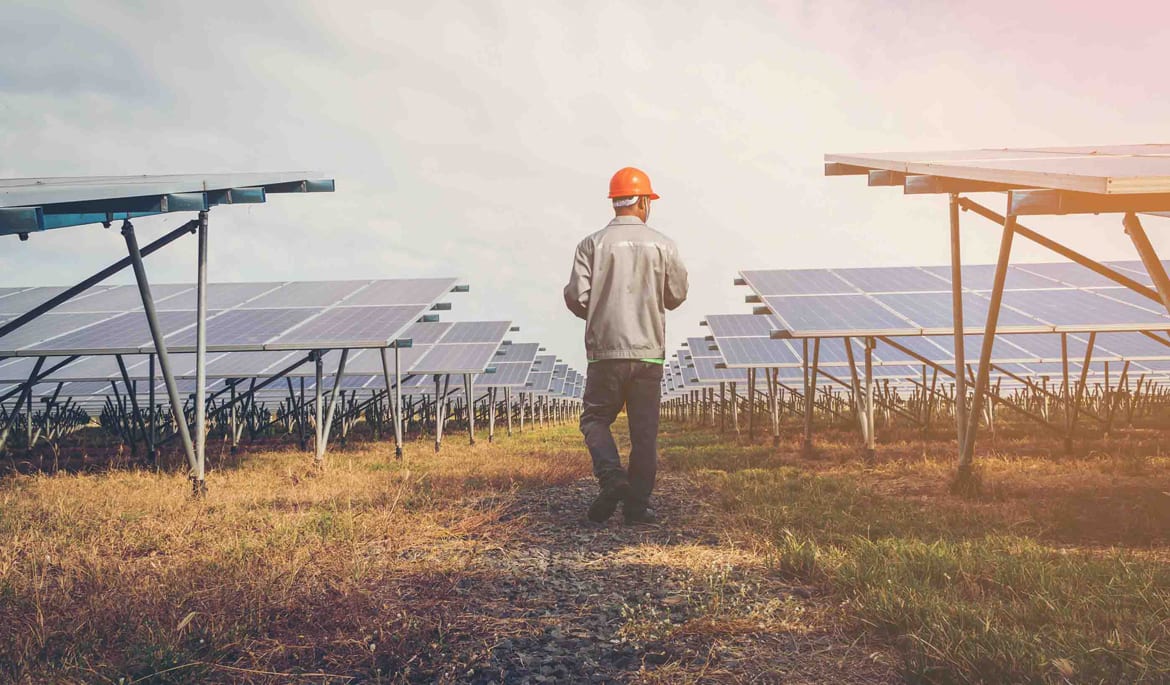
Renewable energy will be even better utilised during peak demand periods if the storage capacity is increased
Nersa expects that increased storage capacity will, by 2022, enable renewable energy that is generated when demand is low to be utilised during the peak.
Eskom has in fact embarked on a big storage project.
Nersa reports that Eskom paid independent renewable power producers R14-million in 2019/2020 in terms of the take-or-pay power purchase agreements for energy it was unable to take.
During the first half of 2020, Eskom paid on average R2.23/kWh for renewable energy. Nersa expects this number to come down as projects contracted later at lower tariffs come into operation.
This article was originally published on Moneyweb and is used here with permission
Take charge of your own energy requirements today with a solar and backup power system from Sinetech. Pay less for your own electricity AND ensure continuity of operation during power outages. Complete the enquiry form below or contact us on 011 886 7874 or [email protected]:

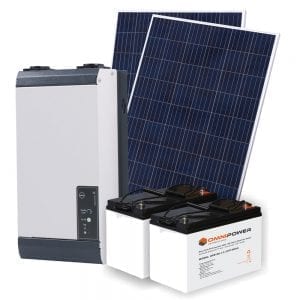
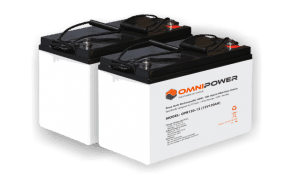
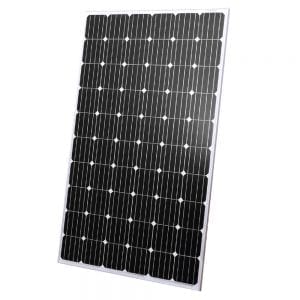
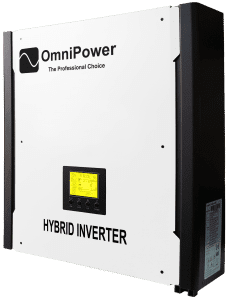
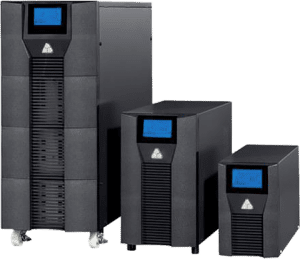
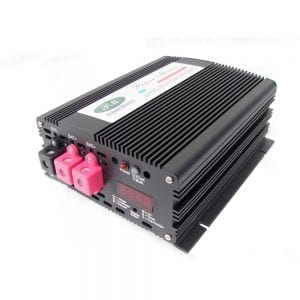
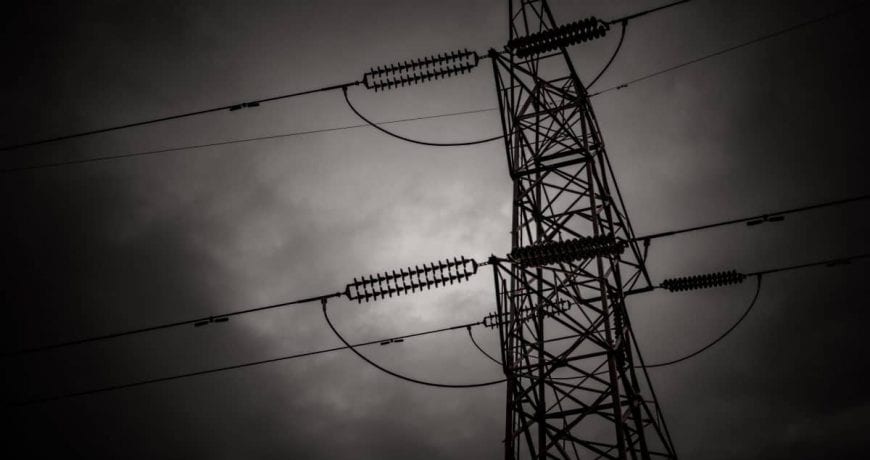
Thanks for sharing, really informative